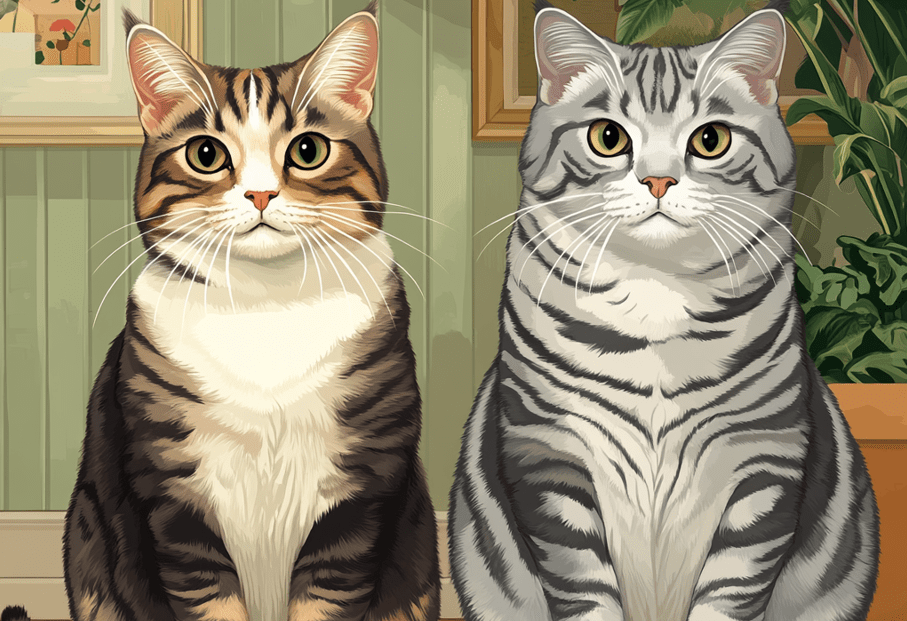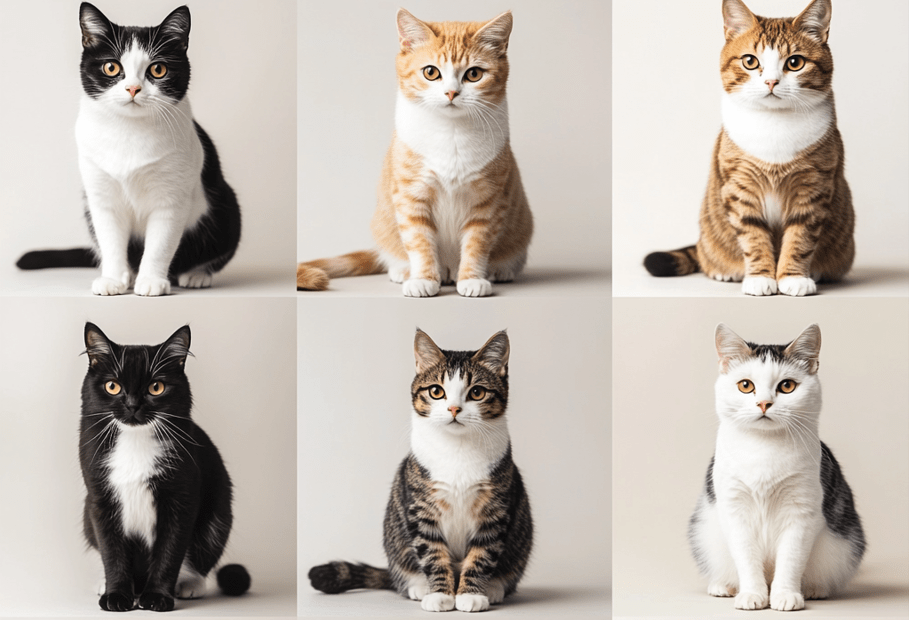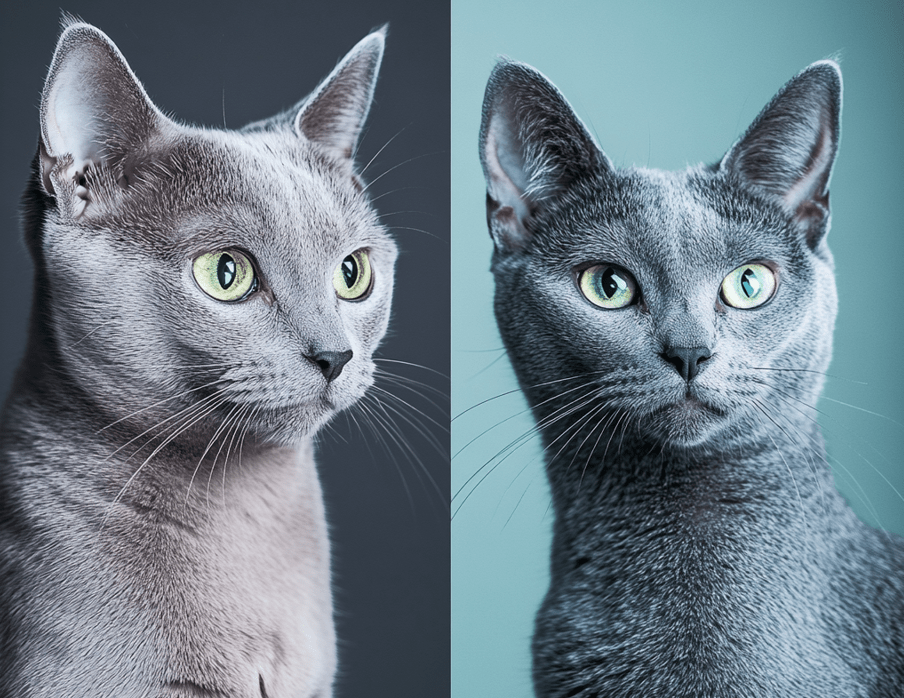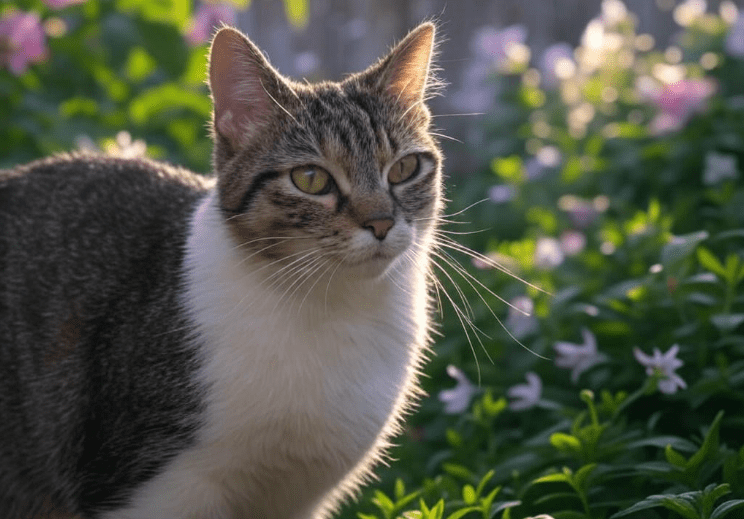
Dental health is crucial for your Domestic Shorthair, and dental treats for Domestic Shorthairs can play a significant role in managing plaque issues. These specially designed treats help reduce tartar buildup, freshen breath, and promote overall oral hygiene. Domestic Shorthairs, with their diverse personalities and needs, can benefit from the right dental treats to maintain healthy teeth and gums. This comprehensive guide explores the best dental treats for Domestic Shorthairs, why they matter, and how to choose the perfect option for your cat’s plaque problems, ensuring a happier, healthier feline friend.
Understanding Domestic Shorthairs and Dental Health
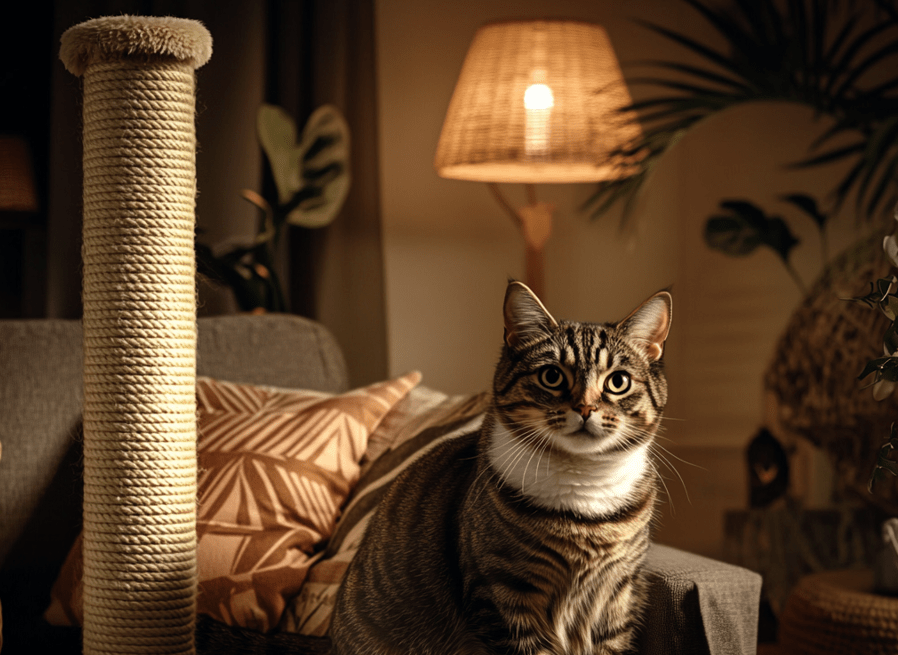
Domestic Shorthairs are mixed-breed cats known for their short coats and varied temperaments. While they’re generally hardy, dental issues like plaque and tartar buildup are common, affecting up to 70% of cats by age three, according to the American Veterinary Dental College. Plaque, a sticky film of bacteria, can harden into tartar, leading to gingivitis, periodontal disease, and tooth loss if untreated. Dental treats for Domestic Shorthairs are an accessible, enjoyable way to combat these issues, complementing regular veterinary care and at-home brushing.
Why Dental Treats Matter for Plaque Control
Dental treats are formulated to reduce plaque and tartar through mechanical action (chewing) and active ingredients that inhibit bacterial growth. For Domestic Shorthairs, who may resist toothbrushing, treats offer a practical alternative. They’re not a replacement for professional cleanings but can significantly improve oral health when used consistently. Benefits include:
Plaque Reduction: Chewing breaks down plaque before it hardens.
Breath Freshening: Ingredients like mint or parsley combat bad breath.
Gum Health: Stimulating gums during chewing promotes circulation and reduces inflammation.
Enjoyment: Treats make dental care a positive experience for your cat.
How Dental Treats Work
Dental treats for Domestic Shorthairs are designed with specific features to address plaque issues:
Texture and Shape: Crunchy textures and unique shapes encourage prolonged chewing, scraping plaque from teeth.
Active Ingredients: Enzymes, abrasives, or anti-bacterial agents like chlorhexidine target plaque-causing bacteria.
VOHC Approval: The Veterinary Oral Health Council (VOHC) seal indicates treats that meet rigorous standards for plaque and tartar control.
Low-Calorie Options: Many treats are formulated to prevent weight gain, crucial for indoor Domestic Shorthairs prone to obesity.
Top Dental Treats for Domestic Shorthairs with Plaque Issues
Here’s a curated list of the best dental treats for Domestic Shorthairs, based on effectiveness, palatability, and safety. Always consult your veterinarian before introducing new treats, especially if your cat has dietary restrictions or health conditions.
1. Greenies Feline Dental Treats
Why It’s Great: Greenies are VOHC-approved, with a crunchy texture that cleans teeth and enzymes that reduce plaque. Available in flavors like chicken, salmon, and catnip, they’re irresistible to most Domestic Shorthairs.
Key Features: Low-calorie (1.4 kcal/treat), fortified with vitamins and minerals, natural ingredients.
Best For: Cats with moderate plaque buildup who enjoy crunchy treats.
Feeding Tip: Offer 8-12 treats daily for adult cats, per package instructions.
2. Purina Pro Plan Veterinary Diets Dental Chewz
Why It’s Great: These chewy treats are VOHC-approved and designed to scrub teeth while delivering anti-plaque enzymes. Their flexible texture suits cats with sensitive teeth.
Key Features: High protein, low fat, highly palatable beef flavor.
Best For: Senior Domestic Shorthairs or those with dental sensitivities.
Feeding Tip: One chew daily provides optimal plaque control.
3. Hill’s Prescription Diet t/d Dental Care
Why It’s Great: A VOHC-approved treat (and food) with a unique fiber matrix that cleans teeth during chewing. Clinically proven to reduce plaque and tartar.
Key Features: Larger kibble size encourages chewing, available by prescription.
Best For: Cats with severe plaque issues or periodontal disease, under veterinary supervision.
Feeding Tip: Use as a treat or meal replacement, following your vet’s guidance.
4. Feline Oral Health Dental Treats by Virbac C.E.T.
Why It’s Great: Contains C.E.T. Dual Enzyme System to inhibit plaque-forming bacteria. Freeze-dried fish flavor appeals to picky Domestic Shorthairs.
Key Features: No artificial additives, promotes gum health.
Best For: Cats needing enzymatic action for plaque control.
Feeding Tip: Offer 2-4 treats daily, depending on cat size.
5. Temptations Dental Treats
Why It’s Great: Affordable and widely available, these treats combine a crunchy exterior with a soft center, encouraging chewing while freshening breath.
Key Features: Budget-friendly, multiple flavors (e.g., chicken, tuna), under 2 kcal/treat.
Best For: Cats new to dental treats or owners on a budget.
Feeding Tip: Limit to 10-12 treats daily to avoid overfeeding.
How to Choose the Right Dental Treats
Selecting the best dental treats for your Domestic Shorthair involves considering their specific needs and preferences. Here are key factors to guide your choice:
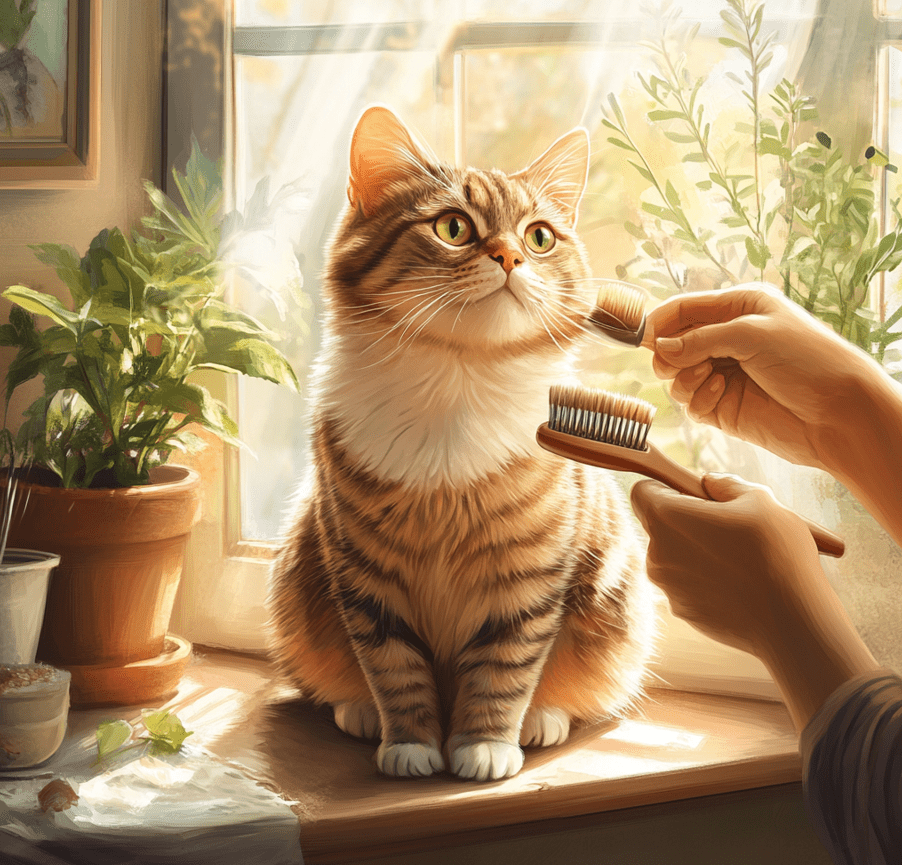
1. VOHC Approval
Choose treats with the VOHC seal, which ensures proven effectiveness against plaque and tartar. While non-VOHC treats can still be beneficial, VOHC-approved options offer greater reliability.
2. Texture and Size
Match the treat’s texture to your cat’s chewing ability. Crunchy treats work well for healthy teeth, while softer chews suit seniors or cats with dental pain. Ensure the size is appropriate—too small, and they’ll swallow without chewing; too large, and they may struggle.
3. Ingredients
Look for natural, high-quality ingredients with minimal fillers. Avoid treats with artificial preservatives, colors, or excessive sugars. Check for allergens if your Domestic Shorthair has sensitivities (e.g., grain-free options for grain-intolerant cats).
4. Caloric Content
Dental treats add calories to your cat’s diet, which can lead to weight gain in sedentary Domestic Shorthairs. Opt for low-calorie treats (under 2 kcal per treat) and adjust their daily food intake accordingly.
5. Palatability
Your cat won’t benefit from treats they refuse to eat. Choose flavors your Domestic Shorthair loves, such as chicken, fish, or catnip. If they’re picky, try sample sizes before buying in bulk.
6. Veterinary Guidance
Consult your vet, especially if your cat has dental disease, diabetes, or other health issues. They can recommend treats that align with your cat’s medical needs and suggest complementary care, like professional cleanings.
Incorporating Dental Treats into Your Cat’s Routine
To maximize the benefits of dental treats for Domestic Shorthairs, follow these tips for seamless integration:
Start Slowly: Introduce treats gradually to avoid digestive upset. Offer one or two treats initially and monitor for adverse reactions.
Make It Fun: Use treats as a reward during play or training to create positive associations. Toss a treat for your cat to chase or hide it for a mini treasure hunt.
Consistency Is Key: Offer treats daily, following package guidelines, to maintain plaque control. Sporadic use is less effective.
Combine with Other Dental Care: Pair treats with toothbrushing (if your cat allows), water additives, or dental gels for a comprehensive approach.
Monitor Portions: Treats should not exceed 10% of your cat’s daily caloric intake to prevent weight gain. Use a measuring scoop for precision.
Complementary Dental Care for Domestic Shorthairs
While dental treats are effective, they’re most impactful when part of a broader oral health strategy. Consider these additional measures:
1. Regular Toothbrushing
Brush your Domestic Shorthair’s teeth 2-3 times weekly using a pet-safe toothbrush and enzymatic toothpaste. Start slowly, using positive reinforcement to build tolerance. This is the gold standard for plaque removal.
2. Professional Cleanings
Schedule annual or bi-annual dental cleanings with your veterinarian, especially if plaque or tartar is advanced. These cleanings, performed under anesthesia, remove buildup that treats and brushing can’t address.
3. Dental Diets
Prescription dental diets, like Hill’s t/d or Royal Canin Dental, have kibble designed to reduce plaque. They can be used alongside treats for enhanced results.
4. Water Additives and Gels
Additives like HealthyMouth or gels like Oratene contain enzymes that reduce plaque-causing bacteria. They’re easy to use and ideal for cats who resist brushing.
5. Regular Vet Checkups
Monitor your Domestic Shorthair’s dental health during routine vet visits. Early detection of gingivitis or periodontal disease can prevent costly treatments.
Signs of Dental Issues in Domestic Shorthairs
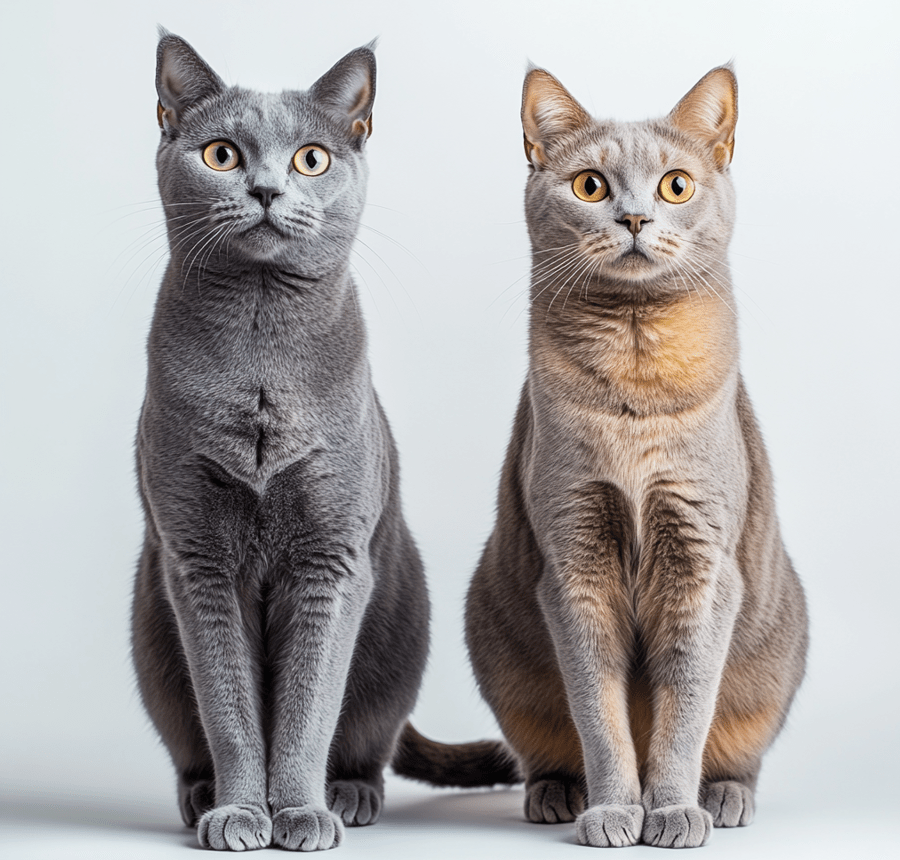
Watch for these signs of dental problems, which may indicate the need for professional intervention or a change in dental care:
-
Bad breath (halitosis)
-
Drooling or difficulty eating
-
Red, swollen, or bleeding gums
-
Loose or missing teeth
-
Pawing at the mouth
-
Reduced appetite or weight loss
-
Behavioral changes (e.g., irritability)
If you notice these symptoms, contact your veterinarian promptly. Dental treats can help manage mild plaque but won’t resolve advanced dental disease.
Special Considerations for Domestic Shorthairs
Domestic Shorthairs vary widely in age, health, and preferences, so tailor dental treat use to your cat’s needs:
Kittens: Focus on establishing good dental habits early. Use soft, small treats to encourage chewing without overwhelming young teeth.
Senior Cats: Choose softer or smaller treats to accommodate dental pain or missing teeth. Senior-specific formulas may include joint or digestive support.
Cats with Medical Conditions: Avoid high-calorie treats for obese cats or those with diabetes. Grain-free or hypoallergenic options suit cats with allergies.
Picky Eaters: Experiment with flavors and textures to find a treat they love. Mix treats with regular food to ease the transition.
Potential Risks and How to Mitigate Them
While dental treats are generally safe, be aware of these risks and take precautions:
Overfeeding: Excessive treats can lead to weight gain or nutritional imbalances. Stick to recommended portions and reduce regular food accordingly.
Choking Hazard: Large or hard treats may pose a choking risk, especially for small or senior cats. Break treats into smaller pieces if needed.
Allergic Reactions: Monitor for signs of allergies (e.g., vomiting, itching) when introducing new treats. Discontinue use and consult your vet if reactions occur.
Ineffective for Advanced Disease: Treats won’t reverse periodontal disease or tooth decay. Address underlying issues with veterinary care.
Where to Buy Dental Treats
Dental treats for Domestic Shorthairs are widely available:
Pet Stores: Chewy, Petco, and Petsmart offer a range of brands like Greenies and Temptations.
Veterinary Clinics: Purchase VOHC-approved or prescription treats like Hill’s t/d directly from your vet.
Online Retailers: Amazon and Walmart carry bulk options, often at discounted prices.
Specialty Retail: Local pet boutiques may stock premium or natural dental treats.
Compare prices and check for deals, but prioritize quality and VOHC approval over cost.
Conclusion
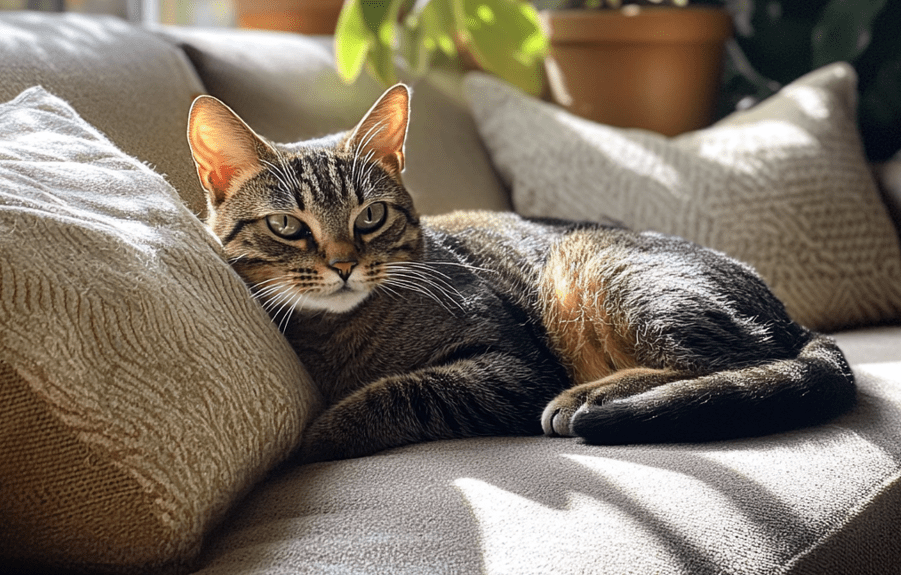
Dental treats for Domestic Shorthairs are a powerful tool for managing plaque issues, promoting oral health, and delighting your cat. By choosing VOHC-approved treats like Greenies, Purina Dental Chewz, or Virbac C.E.T., and pairing them with brushing and vet care, you can keep your Domestic Shorthair’s teeth and gums in top shape. Pay attention to your cat’s unique needs, monitor for dental issues, and make oral care a fun, rewarding part of their routine. With the right dental treats, your Domestic Shorthair will enjoy a healthier smile and a happier life.
For personalized advice or to explore dental care products, consult your veterinarian or trusted pet retailers. Your Domestic Shorthair’s dental health is worth the investment!

